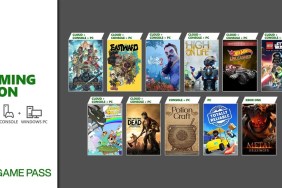Through me, the way to to the city of Whoa.
Chris Hudak Grills Jonathan Knight (Executive Producer, Dante’s Inferno)
Chris Hudak (GR Executive Vodka Sponge): Obviously, one has to take a lot of liberties with the subject matter—an alternate take on the Inferno of Dante’s Divine Comedy—in order to make a playable and good game. When designing Dante’s Inferno, what were…











